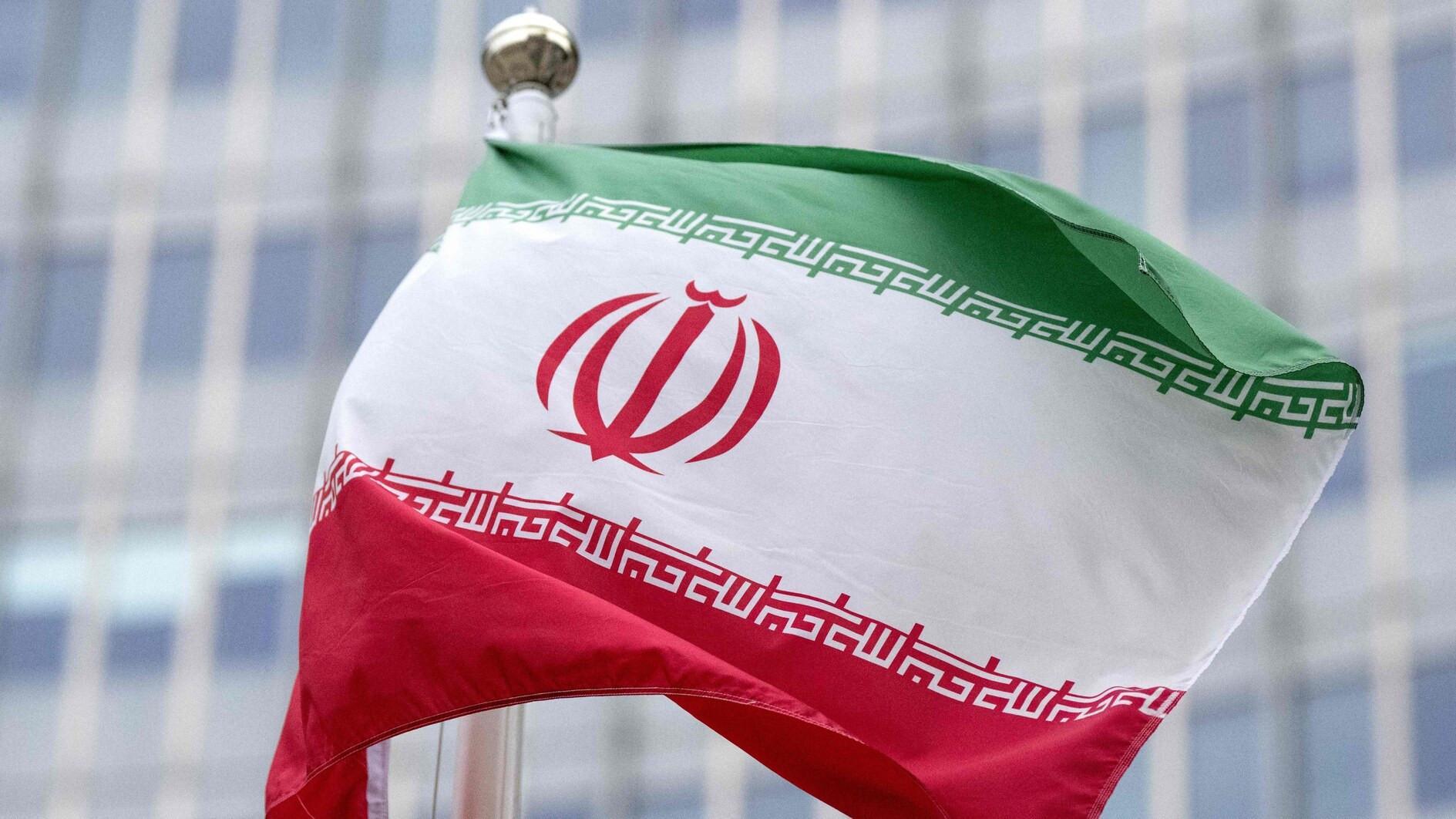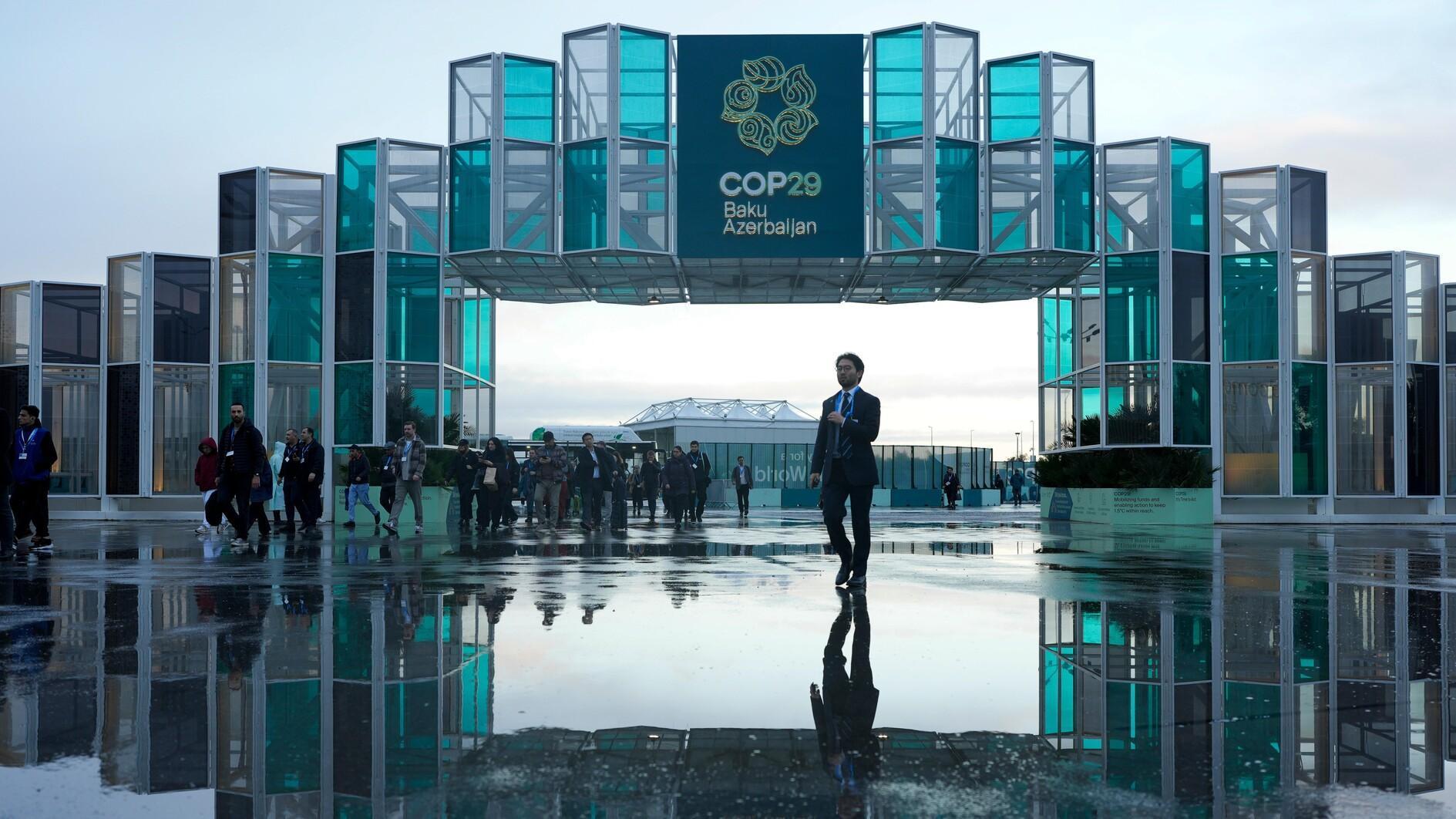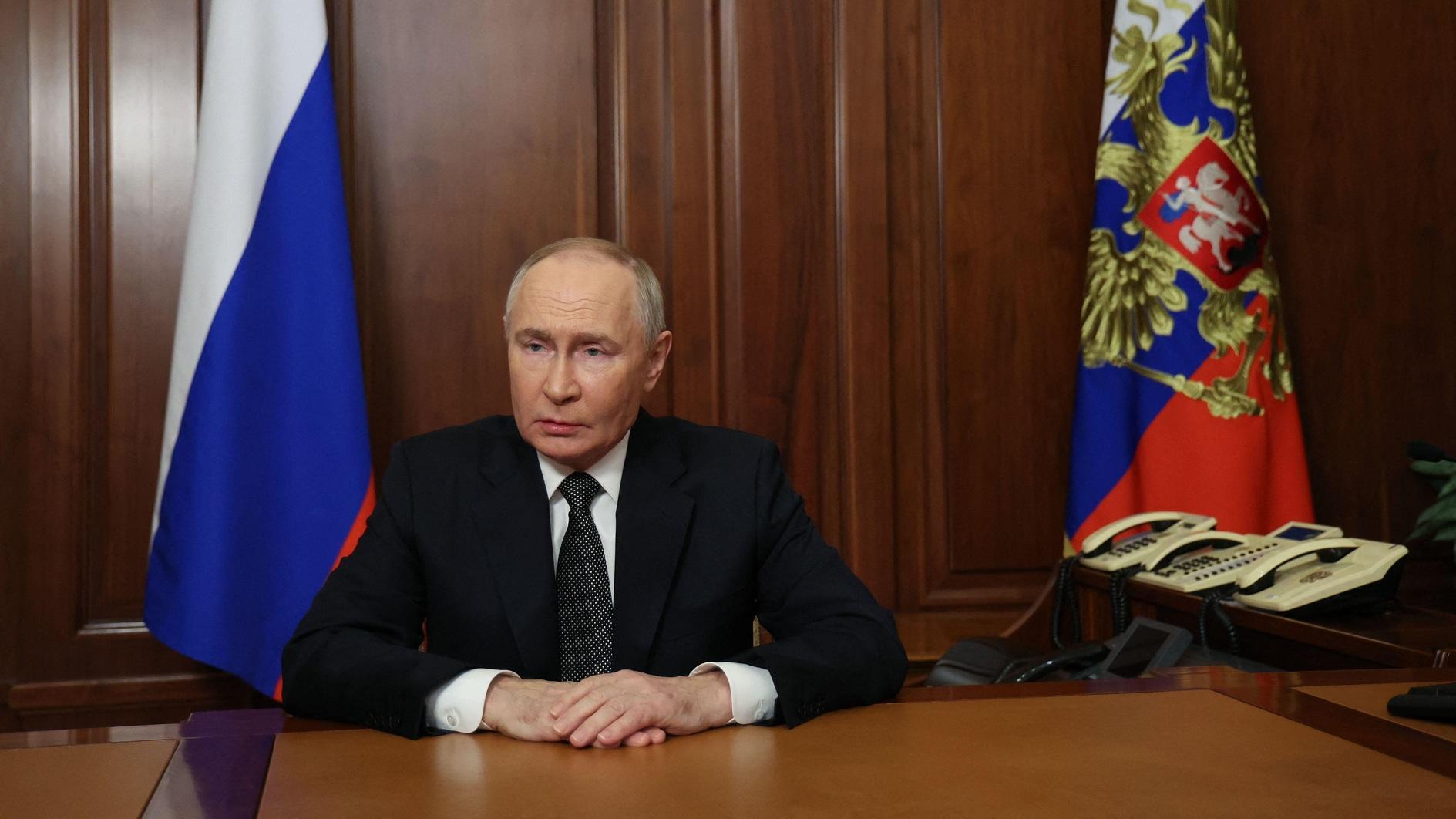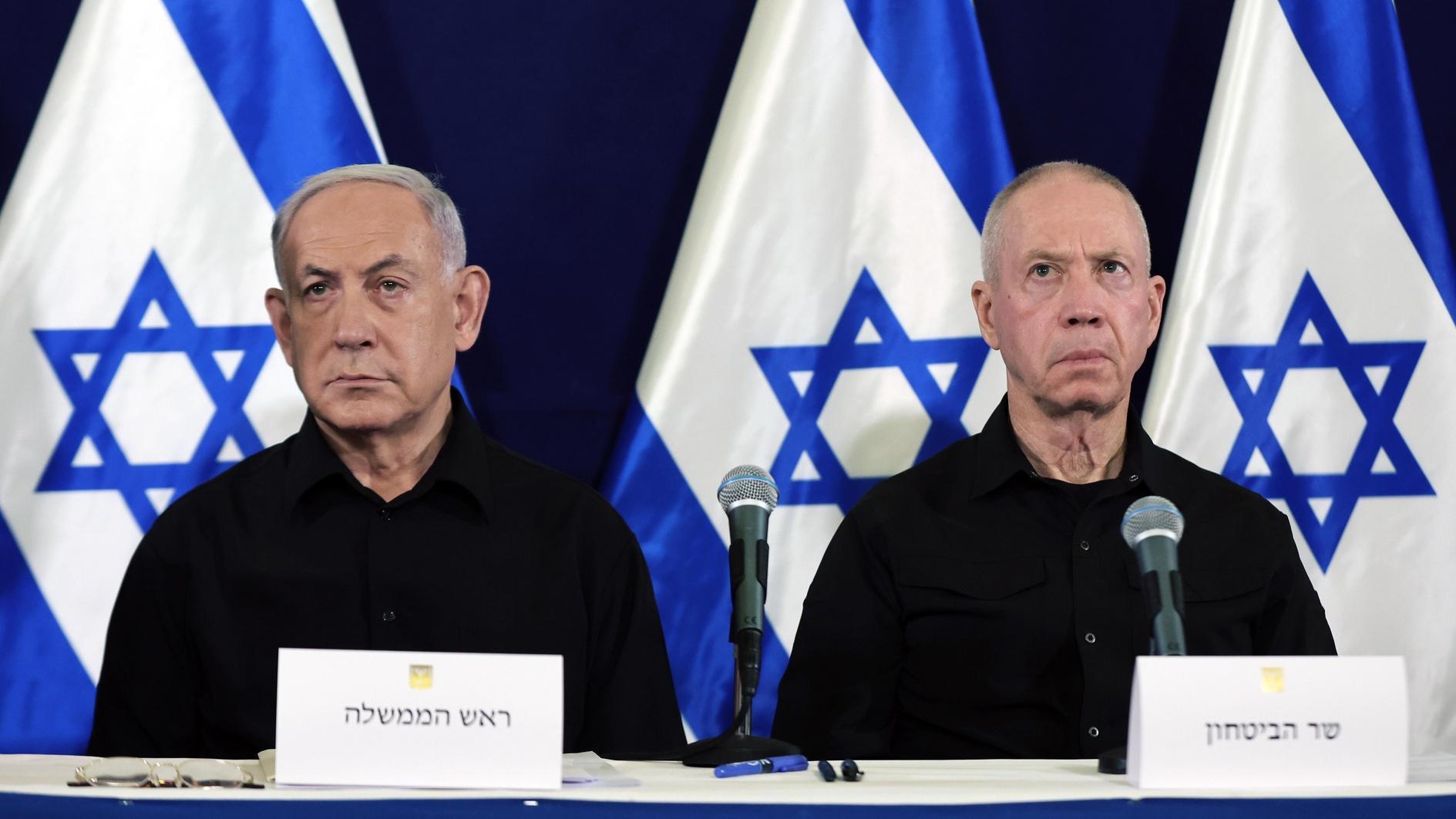Restoring confidence after elections will be a difficult task
All eyes will be on exchange rates and interest rates this week. Everybody will be asking the same question: “Where will the exchange rates be standing ahead of the elections scheduled for June 24?” However, it would be more correct to say that the biggest challenge the Turkish economy will face in the period ahead is the issue of “rebuilding the necessary confidence in the post-election era.”
The volatility in the global economy following the announcement of early polls, messages from authorities that unsettle the markets and the Central Bank’s belated decision to lift the interest rates all caused volatility for the Turkish economy. Populist pledges made by politicians unprecedented over the past decade also added to worries and caused further troubles for the economy.
Measures taken
Consequently, even though we have not yet seen the full impact, the economy is going through a difficult period and is incurring significant costs. The Central Bank’s delayed decision to lift the interest rates has pushed up the interest rates on deposit and credits which will create serious problems in the period ahead.
Despite the sharp hikes in the interest rates and other measures taken, the rise in the exchange rates has not stopped. Flying in the face of the rate hikes, which could be described as surprising or shocking, the U.S. dollar/ Turkish Lira rate closed the week above 4.70.
Foreign investments
Foreigners are continuing to withdraw their short-term investments from the country. The outflow has not been excessive but still significant. How the exchange rates move this week will set the course for the capital outflows. This means that it is difficult to make a healthy prediction regarding the level of exchange rates in the run-up to the elections.
I tried to summarize last week that the most important factor behind foreigners exiting Turkey is the worries over “how the Turkish economy will look like after the elections.” People are not sure about the answer. Foreigners are so uncertain that some of them are selling off their assets because they want to avoid risks in the post-election period, even taking the risk of suffering from small losses. This week’s developments, news that impact the global and local markets, and how foreign investors will respond will set the exchange rate levels ahead of the elections.
More efforts needed
As I have already said the main issues are the measures to be taken after the elections, whether the damages could be repaired and whether rational economy policies will return.
It does not matter who or which party wins the presidential and parliamentary elections because those who win the polls will face series challenges. If the president is elected in the second round, the volatility in the exchange and interest rates will continue at least for another two weeks. However, whether the president is elected in the first or second round will not be very significant as to rebuild confidence.
Because whoever comes to power, the winner must put forward a reparation program. Maybe, not all the election promises can be kept. They will probably not be implemented immediately, but they will over a period of time.
Rebuilding confidence depends not only on keeping the election promises but taking wider political and economic decisions. Now, every politician says the state of emergency will be lifted but it will take great efforts to reconstruct the repaired social relations. It still could be difficult to rebuild confidence in the institutions and to implement the structural measures that will help restore confidence.











